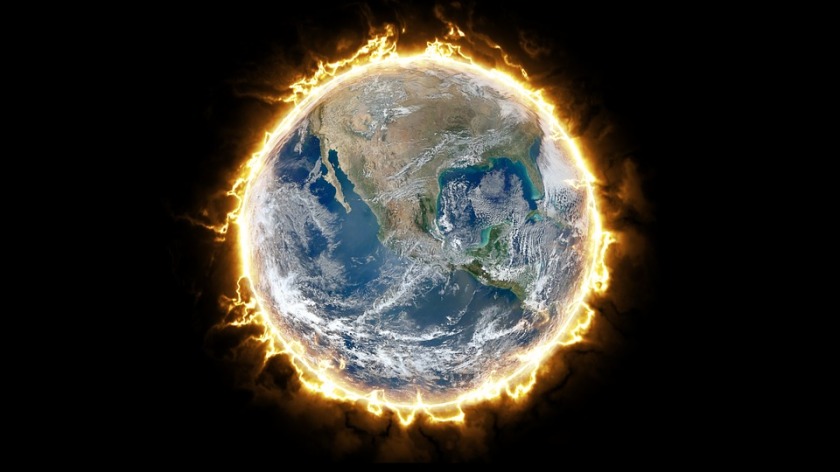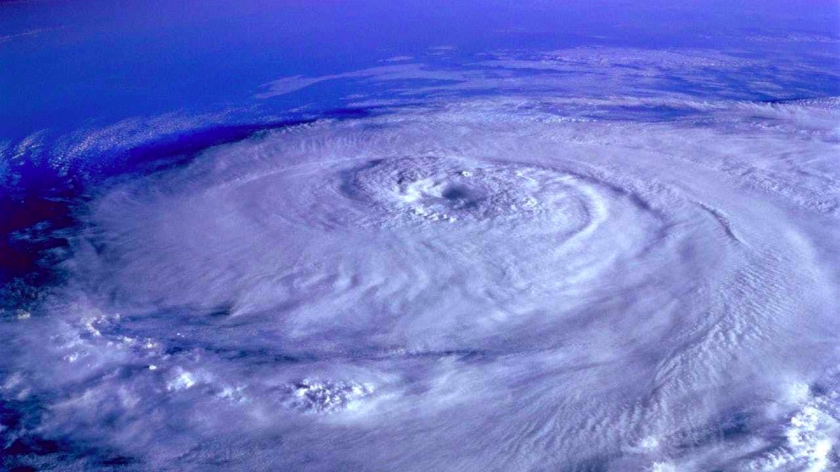
In 1968, American ecologist and philosopher Garret Hardin (1915-2003) published a famous article, “The tragedy of the commons”, in which he argued the necessity of controlling the world population’s growth since “a finite world can support only a finite population” (p. 1243). Hardin pointed out that, in a pasture open to all, where every single herdsman can do whatever he wants, a rational behaviour based on self-interest will lead him to keep as many cattle as possible on the commons: in such a deregulated context, the marginal utility of an additional animal is always positive because while gain (profit) is private, loss (overgrazing) is shared with the entire community. In the long term, such a trend can lead to resources’ exhaustion and, ultimately, to disaster.
Over the last 50 years, Hardin’s paper has been widely cited by scholars of different disciplines, from ecology to political science. But in a recent article published by Scientific American, an assistant professor of environmental politics at the University of California vehemently states that it is time to reject Hardin’s misleading ideas. After acknowledging Hardin’s impact on modern environmentalism, Matto Mildenberger attacks him in a not-so-fair manner. Instead of proposing a series of solid, convincing, arguments, he starts by labeling Hardin as racist, white nationalist, eugenicist, nativist and Islamophobe. The only source quoted to back such compliments is the Southern Poverty Law Center, dedicated to “fighting hate and bigotry and to seeking justice for the most vulnerable members of our society”. Continue reading “Climate Crisis and the Tragedy of the Commons: a Matter of Racism?”



